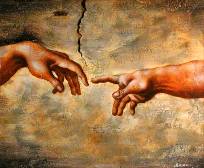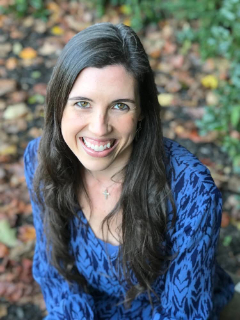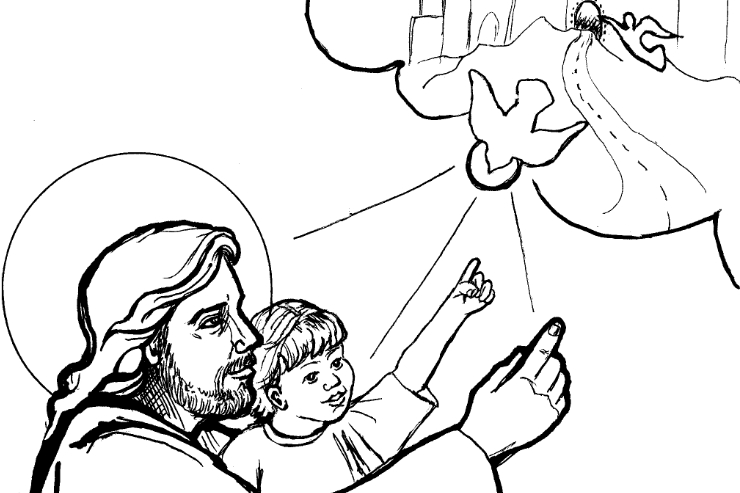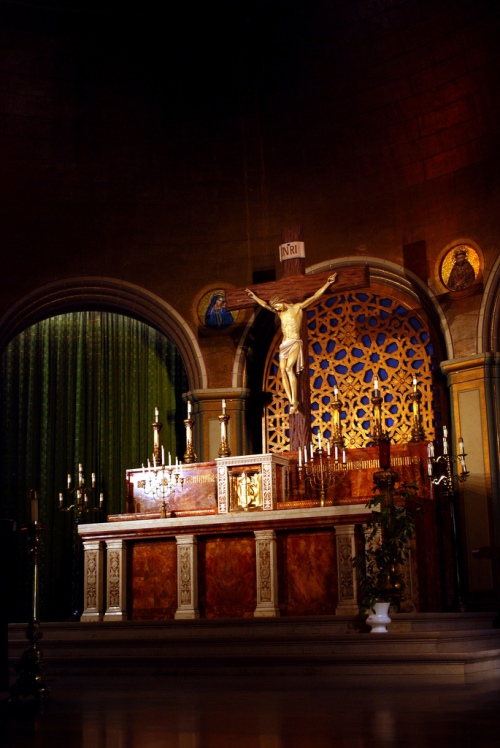 “I need to find myself,” said my bright-eyed, soon-to-be-graduate classmate a few weeks ago. And she wasn’t the first young adult—or person of any age for that matter—who voiced her desire to discover who she is, what she really wants, and how she wants to spend the rest of her life. Apparently, this self-discovery is a necessity to taking that grown-up step, from the world of backpacks and midterms to the real-life classroom of working careers, future families, and heightened responsibility. Isn’t it?
“I need to find myself,” said my bright-eyed, soon-to-be-graduate classmate a few weeks ago. And she wasn’t the first young adult—or person of any age for that matter—who voiced her desire to discover who she is, what she really wants, and how she wants to spend the rest of her life. Apparently, this self-discovery is a necessity to taking that grown-up step, from the world of backpacks and midterms to the real-life classroom of working careers, future families, and heightened responsibility. Isn’t it?
In the years I spent working at a coffee shop, I talked to numerous young adults who have gone traveling around the country—or around the world—as if hoping to “find themselves” tucked away in a corner of a foreign land. Some have gone looking for themselves in countless bars, night clubs, and in damaging relationships. Still others decided to find themselves in their careers, contracting workaholism like a bad flu immediately in their first “real” jobs. Months, often years, and sometimes decades later, these people still found themselves looking for, well, “themselves.”
I have one piece of advice to my fellow young adults, to all those recent college grads, and to the many people who still feel (at whatever stage in life) that they have no idea who they are, where they are, or what they want to become.
Stop looking for yourself and look for God.
All of us find our identities in God. After all, we were made in His image. When we go looking for ourselves in every nook and cranny of the material world, our efforts will always be fruitless. By searching for our identities apart from God, we most certainly stand the risk of reducing ourselves to fads. Our identities divorced from God are, without question, wavering, bland, wishy-washy characters, subject to the kind of repetitive change that is solely dependent on our feelings. Once we think we’ve found ourselves, the world changes, and our “self” becomes a has-been, unfashionable. C.S. Lewis once wrote, “All that is not eternal is out of date.”
God is unchanging. He is the static standard we are all looking for. You are only you in relation to HIM.
Wouldn’t your adolescent years have been so much easier if you had embraced the same self-confidence axiom that you now so obviously understand, namely, that it’s a lot easier to be yourself when you stop thinking about being yourself. Fitting in happens when you stop trying to fit in.
You find yourself when you stop looking for yourself. Egocentrism always leaves you with a blurrier picture of you, not a clearer one.
Our culture has convinced people to spend too much time searching for themselves. In fact, any time spent in the search for self is too much time—a total waste of time. Remember that the “you” part of you is dust, and to dust you will return. The child of God in you was created for eternity. The saints knew the secret: that they in themselves were nothing, God is everything, and they only could become something in relation to The Everything. They were the gold-medalists in self-discovery. They did the one thing necessary for self-discovery: God-discovery. All they had to do to realize their identity was to see themselves as beloved children in relation to a lovable Father.
I have one final note. Those who think they are going to be able to find themselves without God’s help are sadly mistaken. The author-character metaphor always helps shed light on this reality. Who knows more about Hamlet: Hamlet or Shakespeare? Shakespeare, of course—the playwright, the author, the master craftsman. Hamlet doesn’t exist without Shakespeare giving Hamlet his existence. All of Hamlet’s talents, shortcomings, quirks, were implanted in his being by his creator.
All of your personality traits, hopes, desires, and gifts were given to you by the unmoved mover outside of your being. Find the God who made you and you’ll find you.














